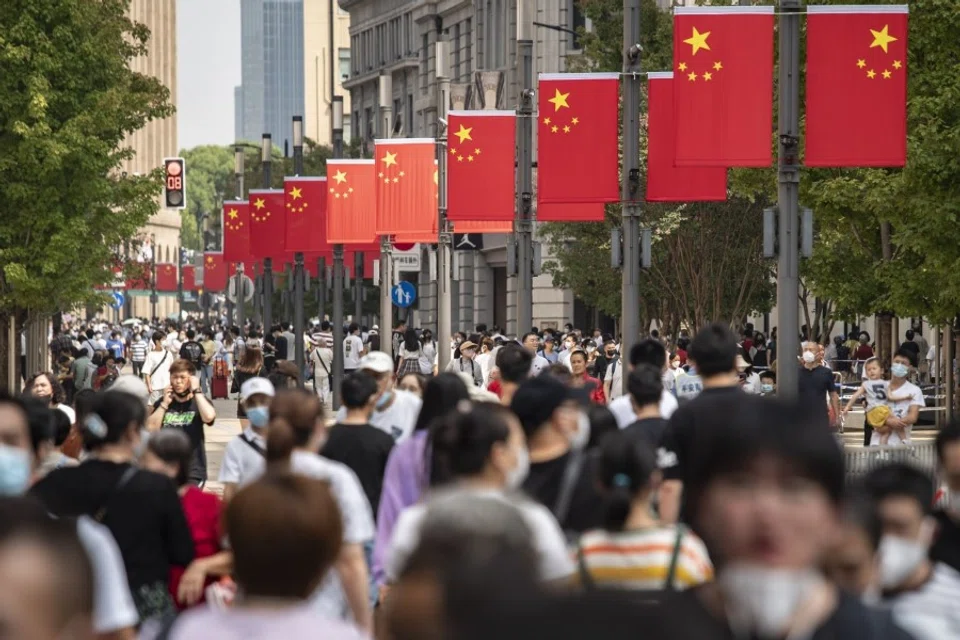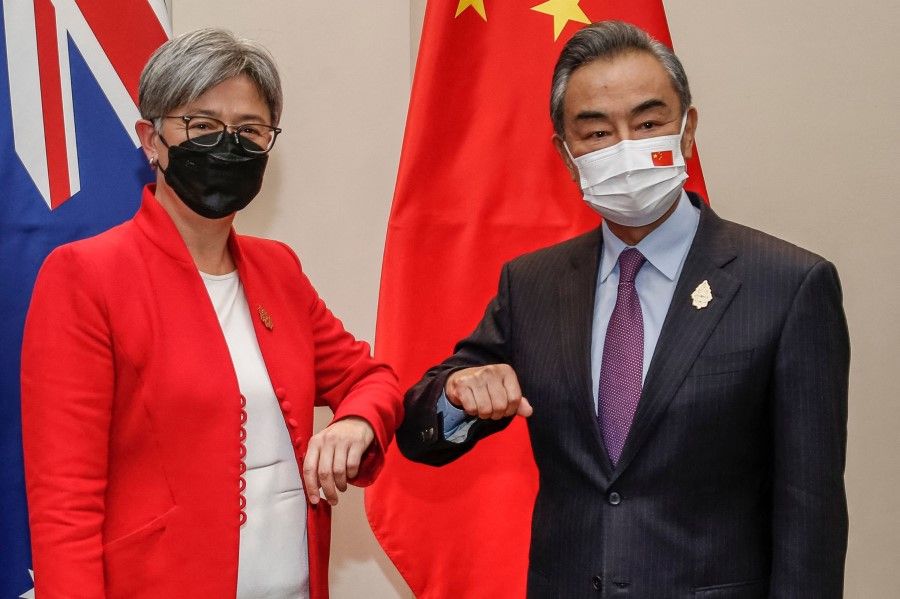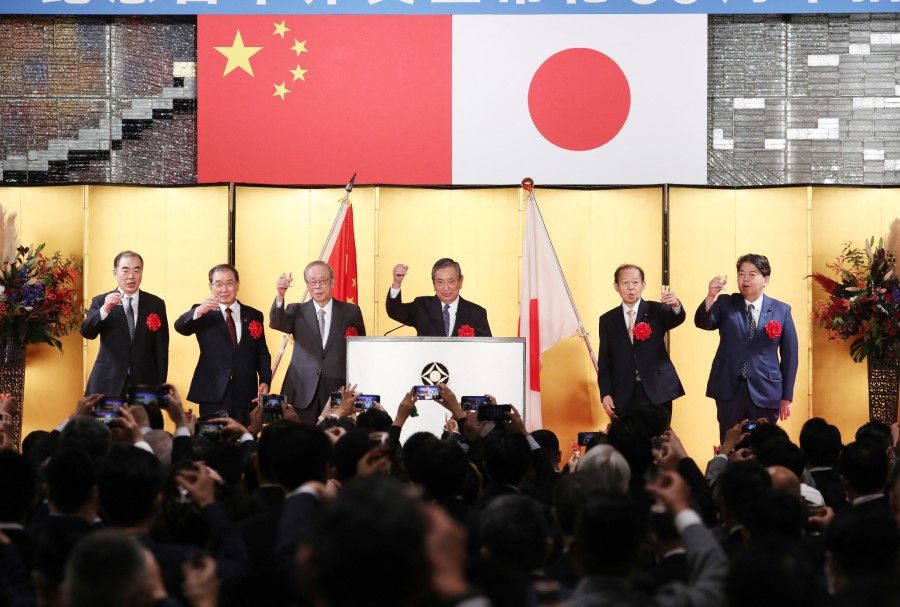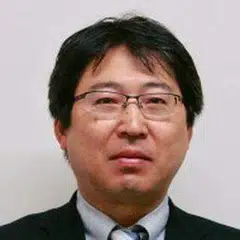Japanese academic: China's superficial 'moderate' diplomacy will not work with developed countries

In September 2022, Chinese Foreign Minister Wang Yi visited the US looking to stabilise China's foreign relations ahead of the Chinese Communist Party (CCP)'s 20th Party Congress. During that visit, Wang held meetings with the US, Australia and other nations amid intensifying "competition" with China, in an attempt to impress upon observers at home and abroad that relations are improving.
While China's unwillingness to engage in "confrontation" is understandable, it means that issues such as the "one China" policy were not discussed, with each side simply putting forward its own point of view. Wang raised four questions about the US's China policy, as part of furthering the narrative that portrays China as seeking a stable relationship and the US as undermining that stability.
However, China appears to also be attempting to drive a wedge between Western countries. On 22 September, Wang met with Australian Foreign Minister Penny Wong in the US. According to the Chinese record of the discussion, Wong stated that "we do not recognise Taiwan's independence". Japanese foreign ministers used to state forthrightly that they do not recognise the independence of Taiwan but have recently begun to use more indirect language, such as "the position we held in 1972 remains unchanged". It is unlikely that the Australian Foreign Minister used forthright wording.
In this way, China may be said to be manipulating the narrative in order to make it appear as though Western countries differ in their positions on the issue of Taiwan's independence.

Since the comment was reported by the Chinese media, it may be assumed that the Chinese media deliberately altered the translation of the statement "the position we held in 1972 remains unchanged". In this way, China may be said to be manipulating the narrative in order to make it appear as though Western countries differ in their positions on the issue of Taiwan's independence.
Some points of difference between Western countries do exist, which is a fact that can be exploited by China. The Free and Open Indo-Pacific (FOIP) is an example.
The ultimate target, of course, is the US. And to counter such narratives from the Chinese, the actual statements of these exchanges should be published in black and white even though countries could be ambiguous in their strategies.
Some points of difference between Western countries do exist, which is a fact that can be exploited by China. The Free and Open Indo-Pacific (FOIP) is an example. The China-Russia joint statement released on 4 February 2022 stated, "The sides stand against the formation of closed bloc structures and opposing camps in the Asia-Pacific region and remain highly vigilant about the negative impact of the US's Indo-Pacific strategy on peace and stability in the region." Even though the US is not the only country promoting FOIP, the statement above clearly asserts that it is the US's strategy.
In reality, however, it is undeniable that the stance toward FOIP taken by Japan and the US, for example, differs in certain ways. Concerns expressed by ASEAN regarding the growing rift between the US and China, as well as opinions expressed in Japanese financial circles and other domestic arenas, have prompted Japan to leave the door open to the possibility of cooperating with China's Belt and Road initiative in FOIP. This prospect could involve not only security aspects but also economic cooperation. Some in China believe that Japan and the US differ in their positions on this matter, while others claim that is not the case.
China may be attempting to drive a wedge between the two nations by taking a tough stance toward the US while taking a slightly softer stance toward Japan.
In terms of language, however, China acknowledges that disparities exist. In discussions with Japan, China does not always condemn FOIP, confining its criticism to security frameworks such as the Quad and the Taiwan issue. Aware of the disparate positions of Japan and the US, China may be attempting to drive a wedge between the two nations by taking a tough stance toward the US while taking a slightly softer stance toward Japan. The Japanese public does not easily comprehend this, however, and it comes across as nothing but criticism of Japan.

China's diplomatic authority has been effective to some extent in creating a stable diplomatic environment ahead of the 20th Party Congress in October 2022, but it is still not fully accepted by developed countries. On the other hand, China's attempt to improve relations with developed countries may be motivated by another factor, namely, the economy.
The Xi Jinping administration is working feverishly to implement economic reconstruction. Economic interdependence between China and the developed nations of the West is still robust despite concerns about economic security. By improving its relations with the West, China is seeking to smooth the path toward its economic recovery.
This requires not superficial "moderate" diplomacy but the building of trust in its "language" of diplomacy and the easing of its hardline stance on specific policies.
The question is whether China can create an environment conducive to rebuilding its economy through diplomacy without compromising its economic security. Some may believe that the economy is the bottom line, and that profits are all that matter. However, corporate behaviour is impacted by perceptions of China and of the international situation.
If such perceptions are to be corrected, China will need to show that it is willing to compromise. This requires not superficial "moderate" diplomacy but the building of trust in its "language" of diplomacy and the easing of its hardline stance on specific policies. Unless there is renewed confidence, the effects of the discord between China and developed countries brought about by the Covid-19 and the Ukraine issues will continue to reverberate beyond the 20th Party Congress.
